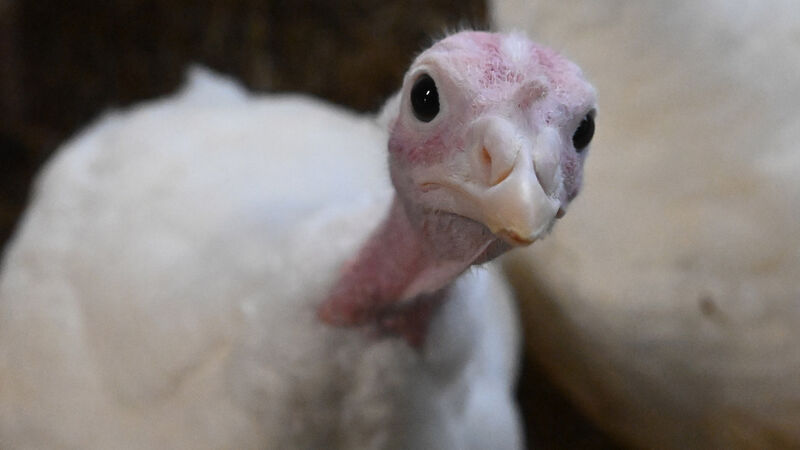Bird flu detected in second Monaghan turkey flock

The department maintains that 'stringent biosecurity remains key to protecting poultry and captive bird flocks from disease'. Picture: Eddie O'Hare
Avian Influenza, or bird flu, has been detected in a second flock of turkeys in Co Monaghan, the Department of Agriculture, Food and the Marine (DAFM) has confirmed.
According to the department, test results have identified evidence of highly pathogenic avian nfluenza (HPAI) H5N1 in samples from the flock.










